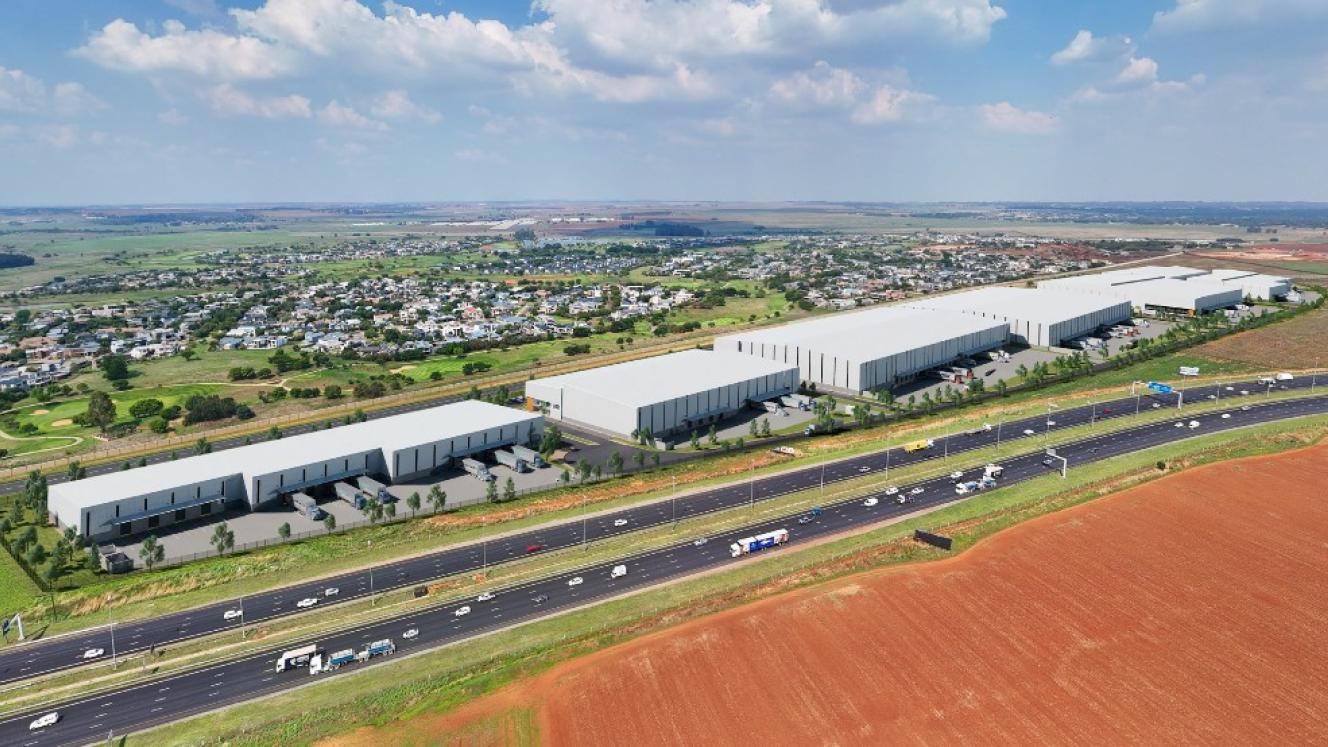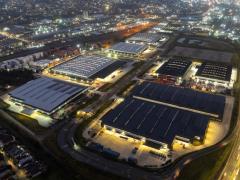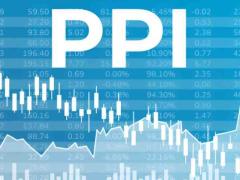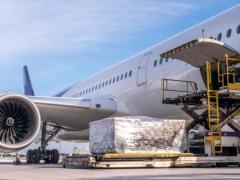Technology adoption will keep driving supply chain companies in the direction of automation while increasing visibility, improving predictive analytics and ultimately optimising supply chains, says Rhett Oertel, sales executive with a leading logistics company.
“The impact of blockchain, artificial intelligence (AI) and electric vehicles in the supply chain industry will be ongoing,” he says.
“Blockchain is in use in trade financing and contract execution and is even tracking to AI use in the supply chain to help with forecasting.”
Director and colleague at the same company, Marcus Ellappan, feels that with the logistics industry under constant pressure to reduce costs, businesses increasingly will be looking at automating processes.
Another trend that emerged in 2022 and should become even more prevalent this year is Environmental, Social, and Governance (ESG) compliance.
“ESG will remain for years to come as companies focus on reducing their carbon footprint and reducing their overall impact on the environment,” Oertel says.
“The emphasis on ESG is at the forefront of a lot of discussions nowadays as companies look to partner with people who, like them, invest in green technologies and initiatives.”
This will entail companies needing to be more involved in the entire lifecycle of products and packaging.
For South African businesses, load-shedding and high fuel prices remain a huge problem.
As a result, Ellappan expects to see them focusing a lot more on efficient management of fuel usage and renewable energies. “Burning fuel in generators is not the way to go.”
The industry is, of course, keeping a watchful eye on tensions between certain countries as, in the event of these escalating, new policies that impact trade could be introduced.
Trade agreements or changes in tariffs, for example, will affect the flow of goods and the cost of doing business.
“I do believe as a company one needs to be aware of these developments and strategically apply the required focus on the aspects that will impact your market in the most effective way,” Oertel says.
“All in all, supply chain business models seem to be changing and the need for flexibility and agility is becoming key to servicing clients. E-Commerce is continually growing. This in the end leads to the demand for faster and more flexible and reliable supply chains.”
Ellappan adds: “Coming out of Covid, together with various global supply-chain issues, businesses are forced to become more efficient. The benefits of digital transformation, risk management and ESG will most certainly talk back to a business’s bottom-line results and sustainability.”













